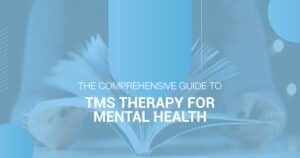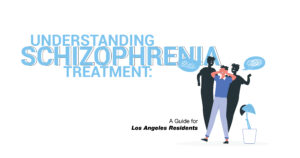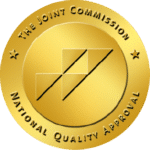By: Staff
“Burnout syndrome” has finally been recognized for the first time as an official medical diagnosis.
WHO’s International Classification of Diseases 11th edition (ICD), which categorizes diseases for diagnosis by health care professionals and determines coverage by health insurers, was published on Saturday, May 1, 2021 has finally said what mental healthcare professionals have known for decades for this stress and depression disorder. It is an official medical diagnosis. The WHO defines burnout as the following:
Burnout is a syndrome conceptualized as resulting from chronic workplace stress that has not been successfully managed. It is characterized by three dimensions:
- Feelings of energy depletion or exhaustion;
- Increased mental distance from one’s job, or feelings of negativism or cynicism related to one’s job; and 3) a sense of ineffectiveness and lack of accomplishment.
Burn-out refers specifically to phenomena in the occupational context and should not be applied to describe experiences in other areas of life.
Burnout is different than exhaustion. Exhaustion is a normal reaction to stress, and not necessarily a sign of disease. So does burnout describe a set of symptoms that is more than a “normal” reaction to stress? And how is it different from other mental health problems?
Some specific Job Burnout symptoms:
Ask yourself:
- Have you become cynical or critical at work?
- Do you drag yourself to work and have trouble getting started?
- Have you become irritable or impatient with co-workers, customers or clients?
- Do you lack the energy to be consistently productive?
- Do you find it hard to concentrate?
- Do you lack satisfaction from your achievements?
- Do you feel disillusioned about your job?
- Are you using food, drugs or alcohol to feel better or to simply not feel?
- Have your sleep habits changed?
- Are you troubled by unexplained headaches, stomach or bowel problems, or other physical complaints?
What to do about burnout?
1: Turn to other people

Social contact is nature’s antidote to stress and talking face to face with a good listener is one of the fastest ways to calm your nervous system and relieve stress.
2: Reframe the way you look at work

Try to find some value in your work. Find balance in your life. Make friends at work. Take time off.
3: Reevaluate your priorities
Set boundaries. Take a daily break from technology. Nourish your creative side. Set aside relaxation time. Get plenty of sleep.
4: Make exercise a priority

5: Support your mood and energy levels with a healthy diet
Minimize sugar and refined carbs. Reduce your high intake of foods that can adversely affect your mood, such as caffeine, unhealthy fats, and foods with chemical preservatives or hormones.
Eat more Omega-3 fatty acids to give your mood a boost.

Avoid nicotine.
Drink alcohol in moderation.








